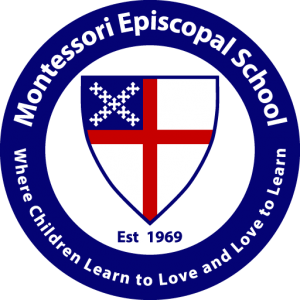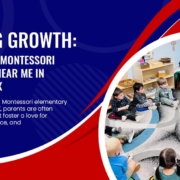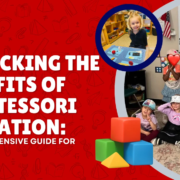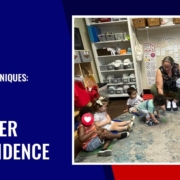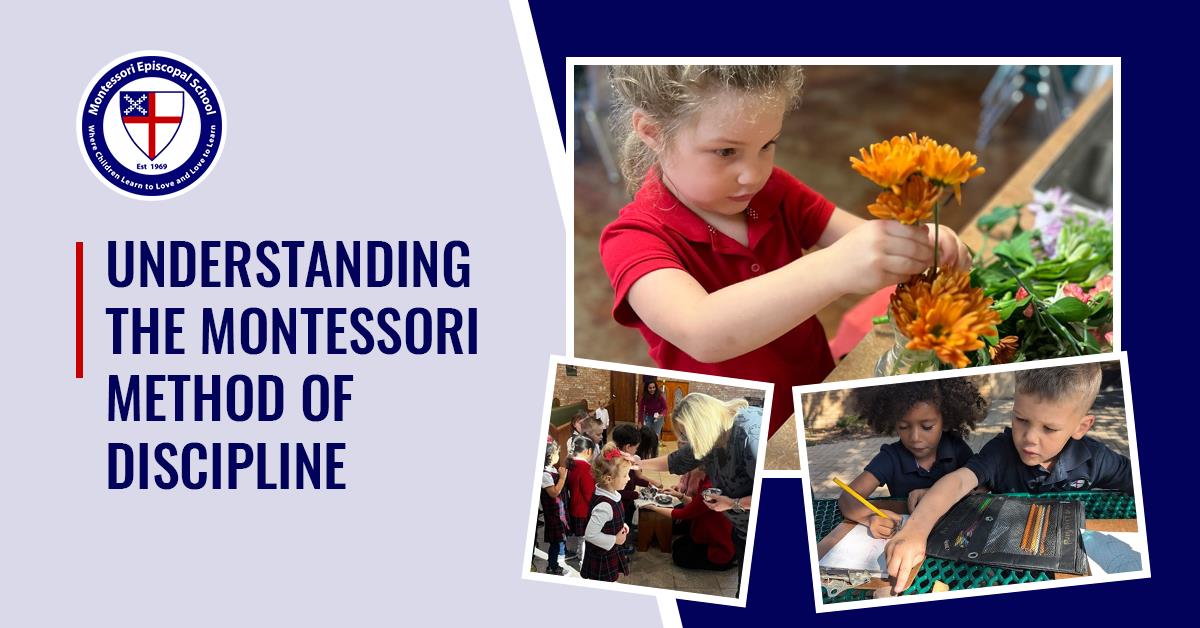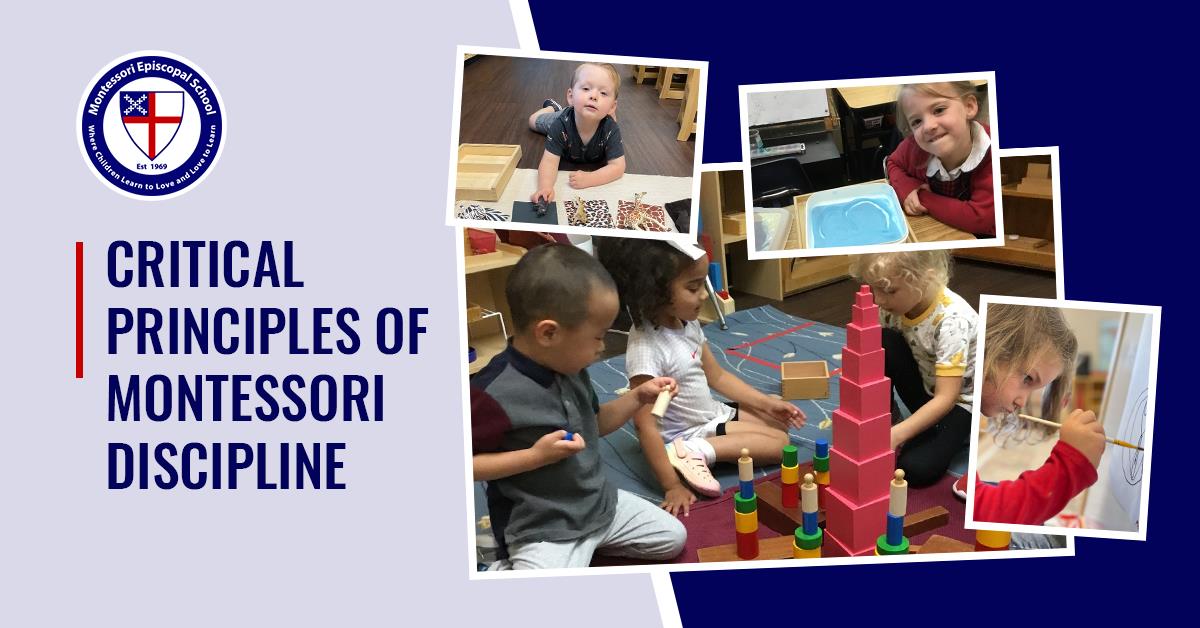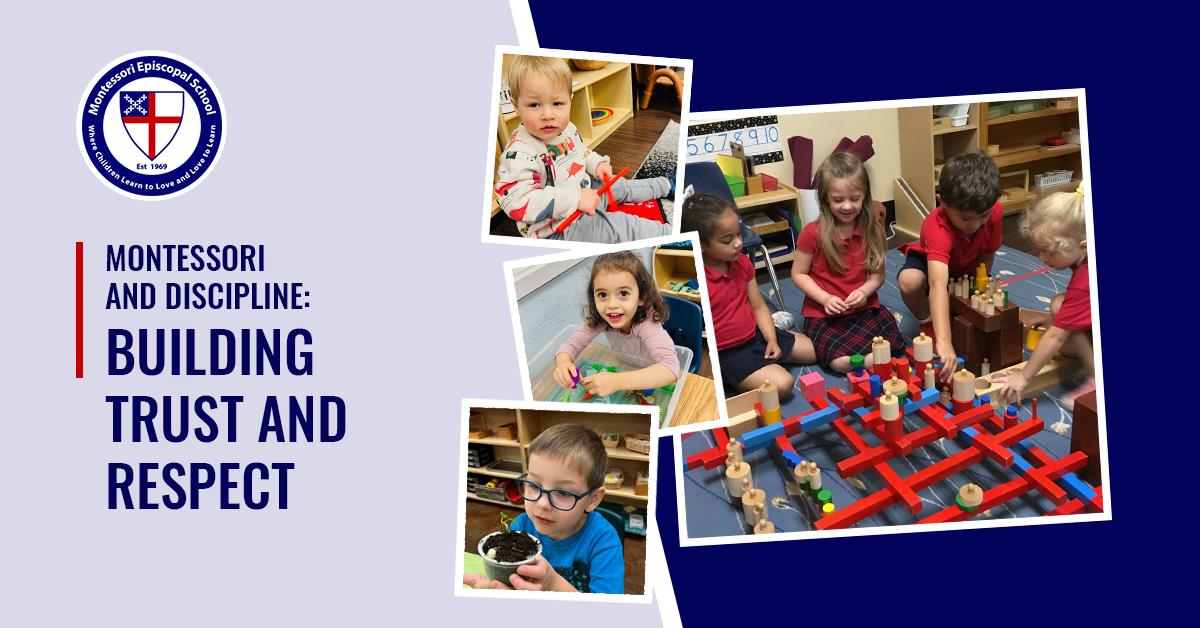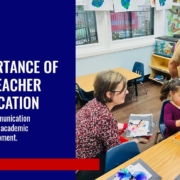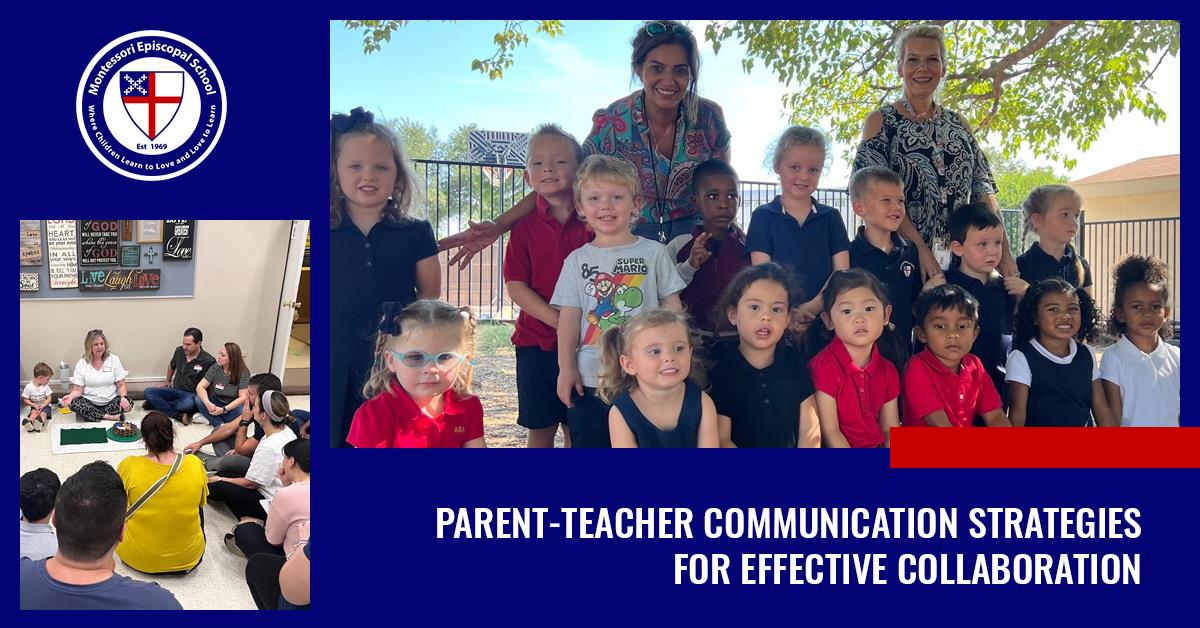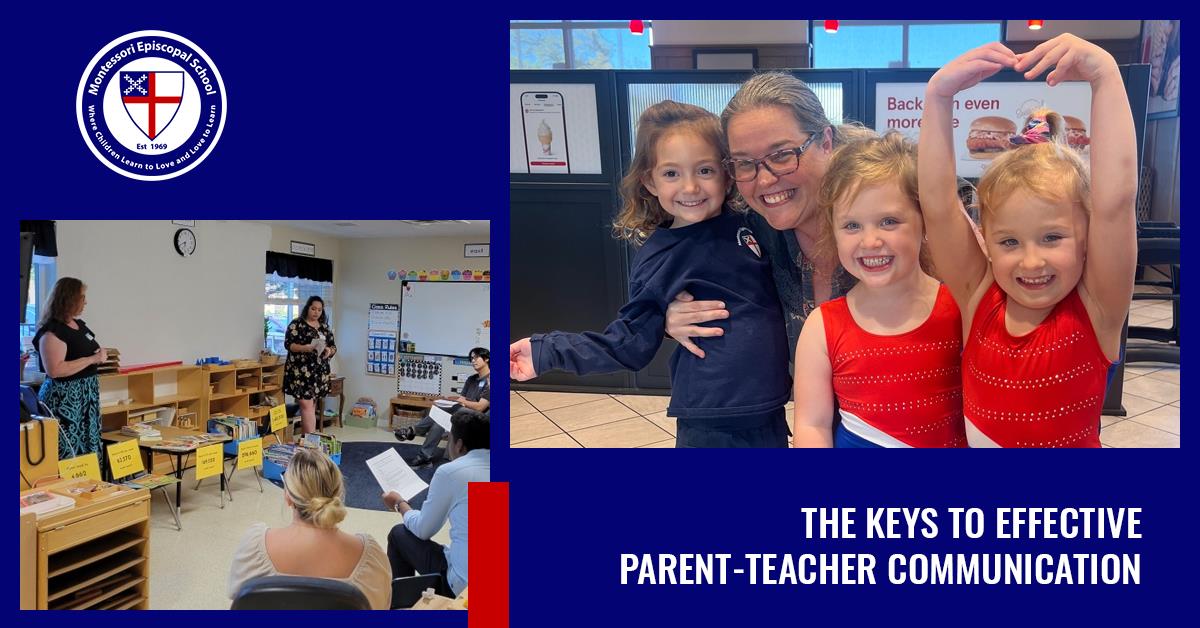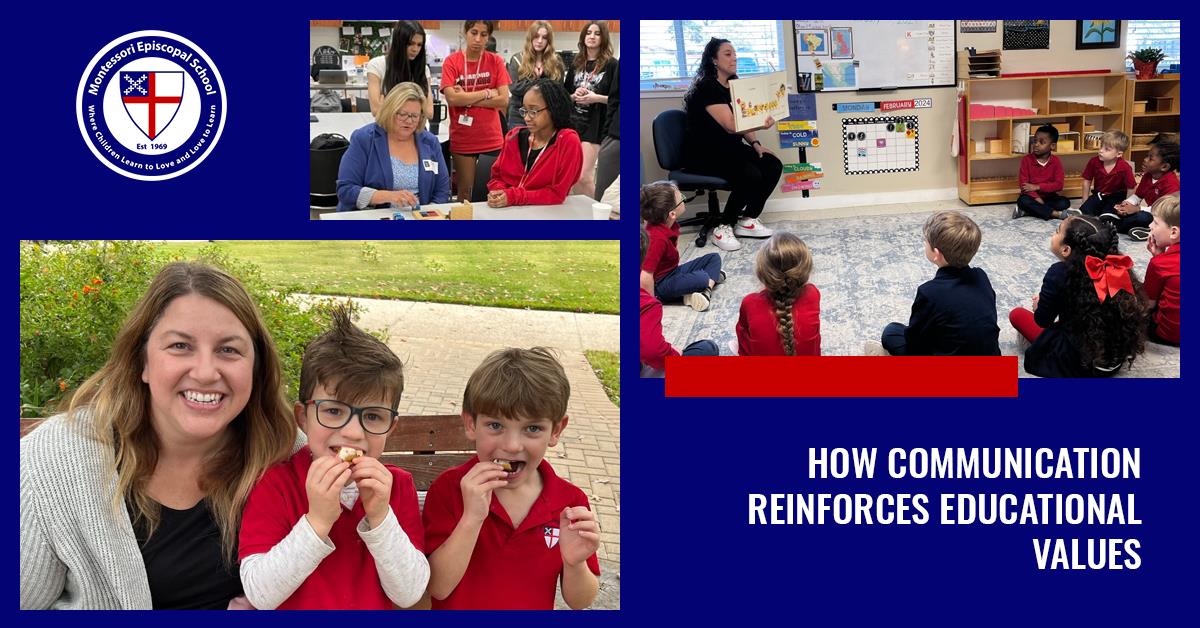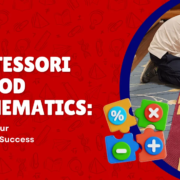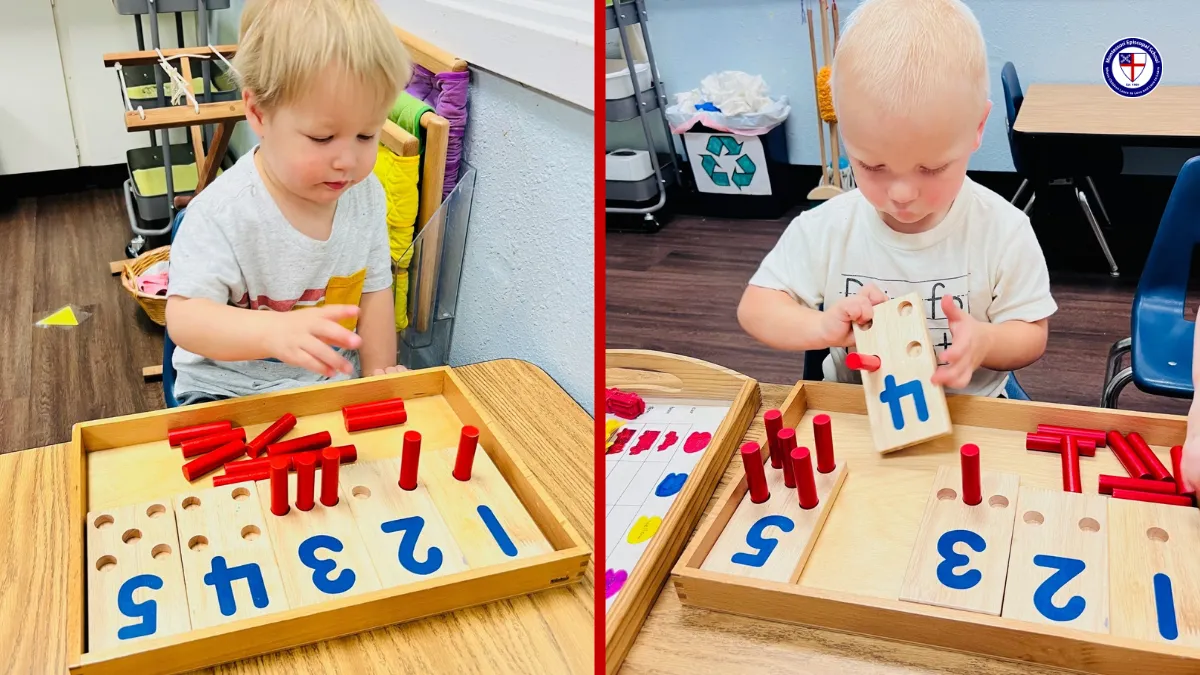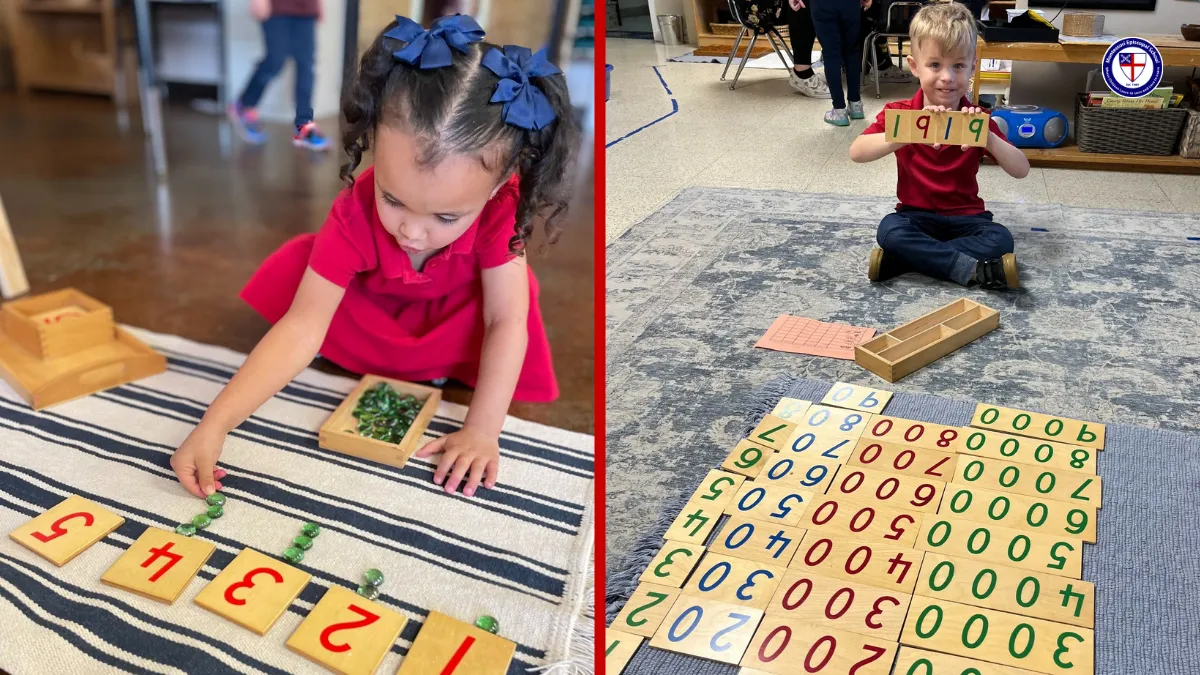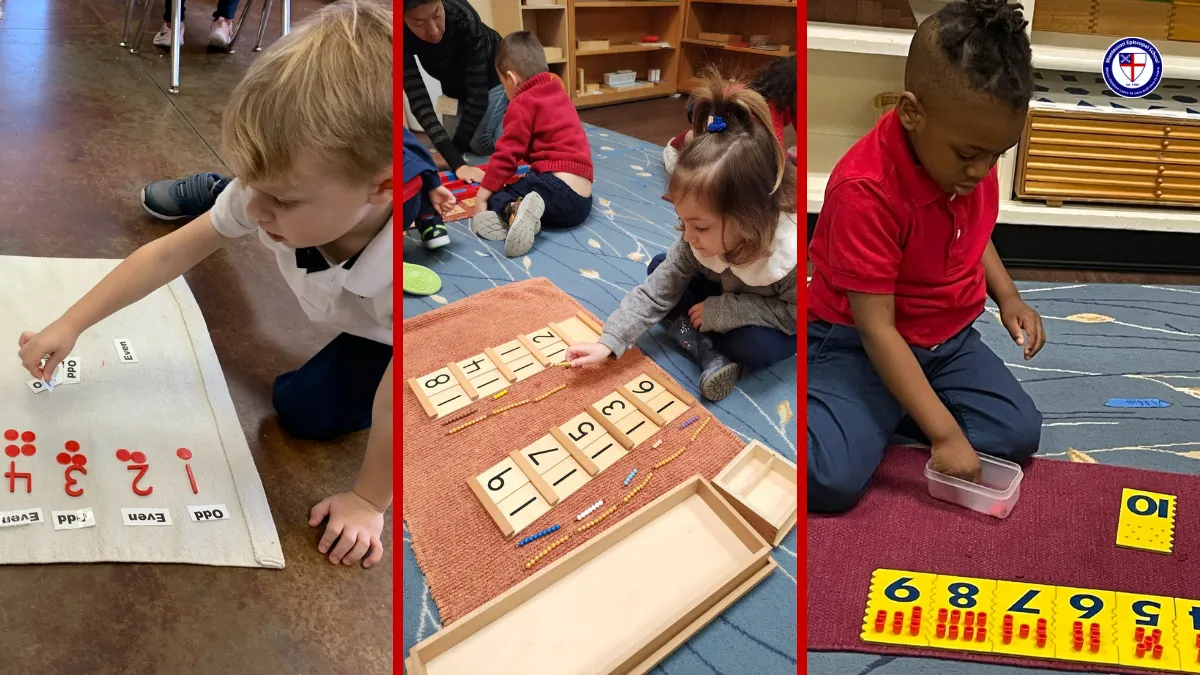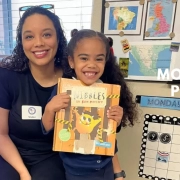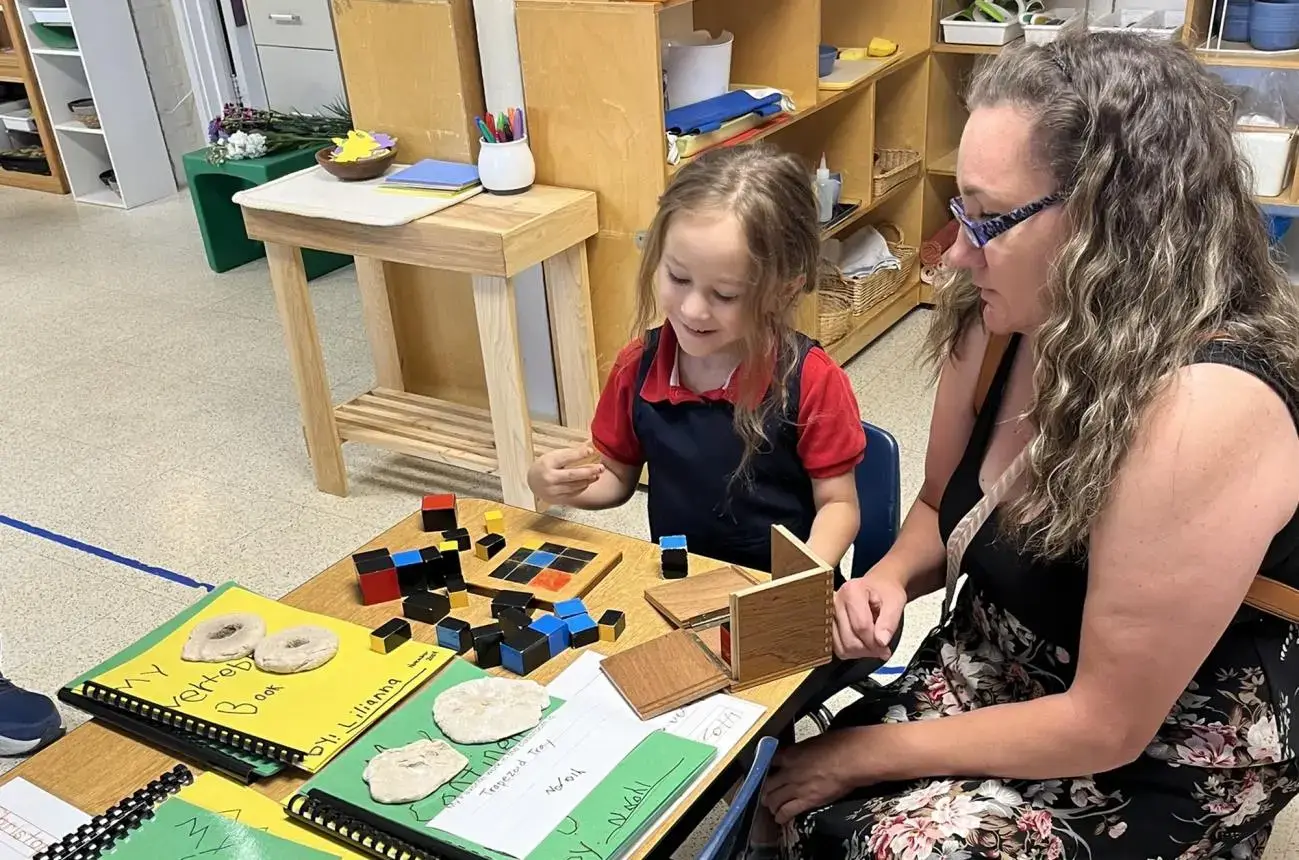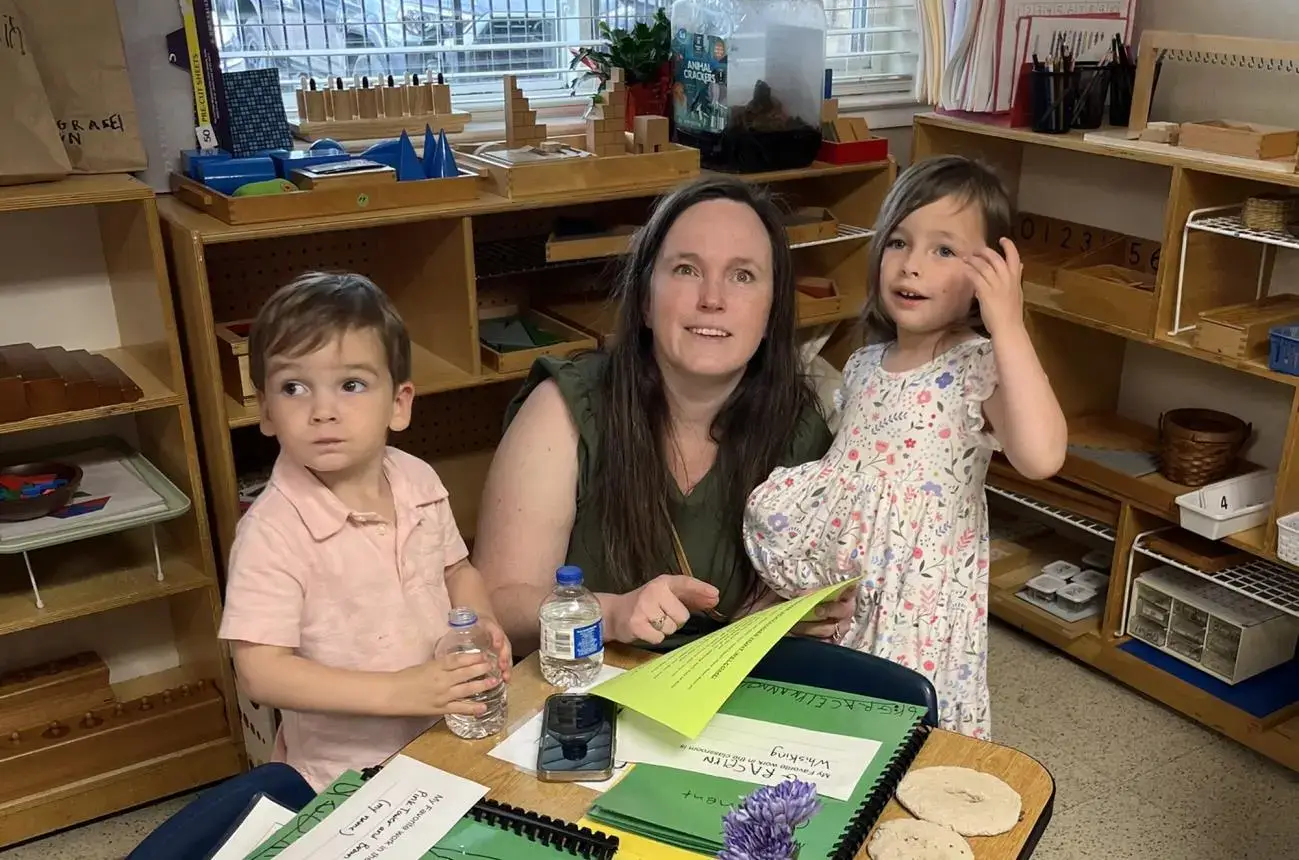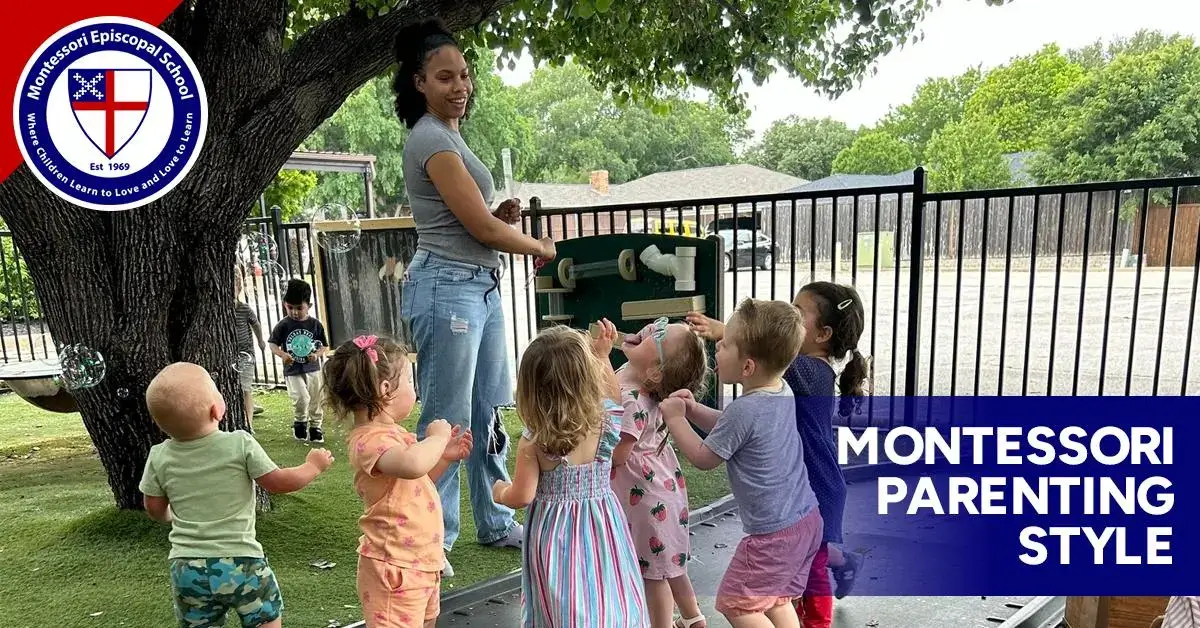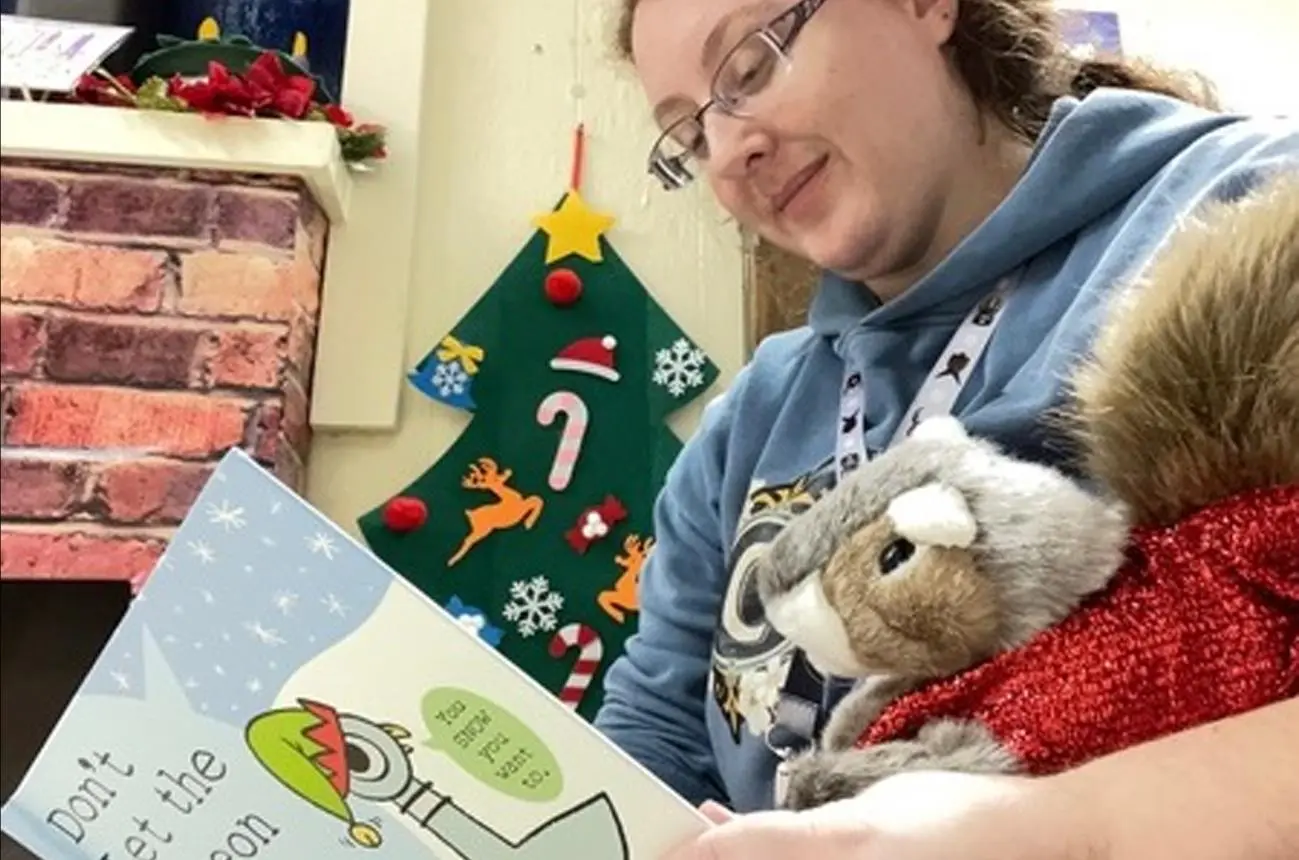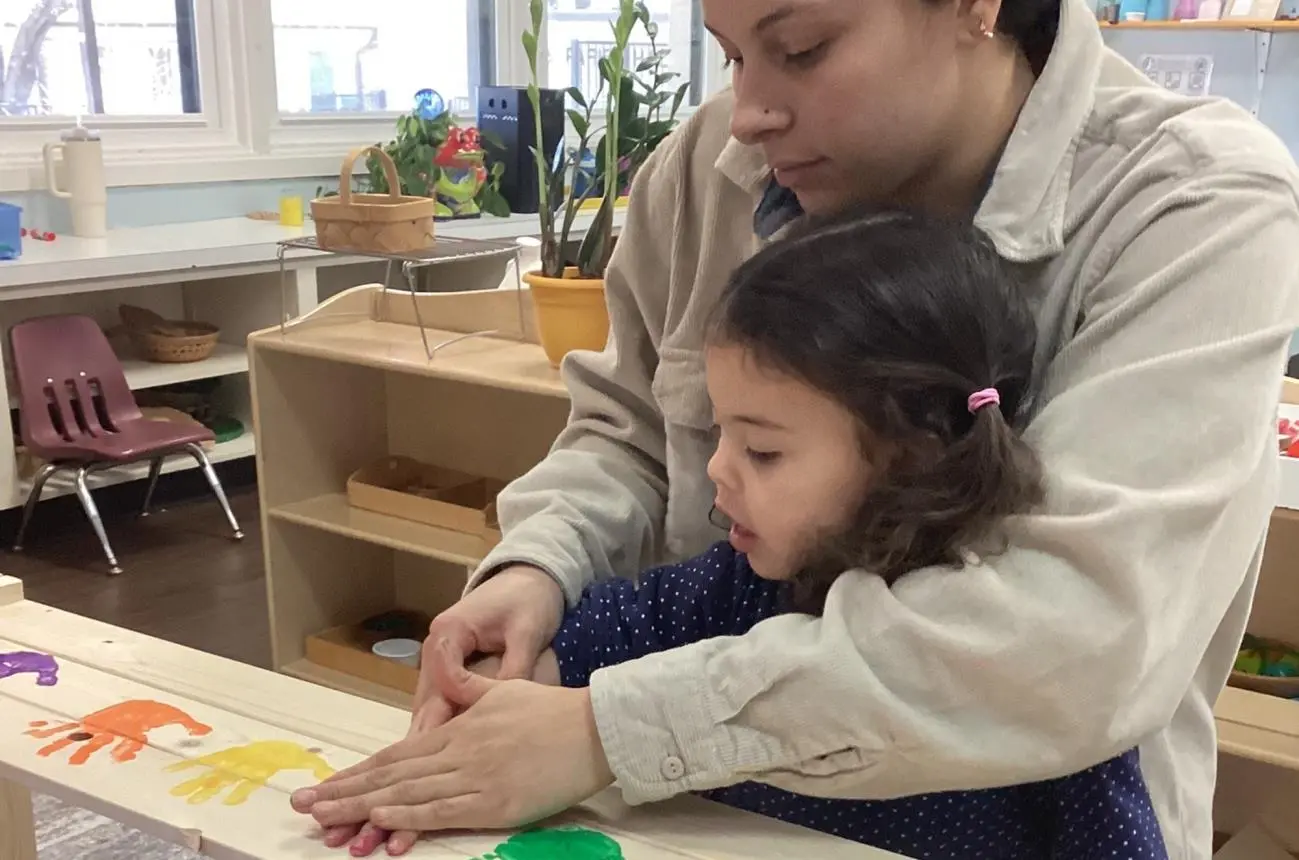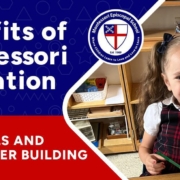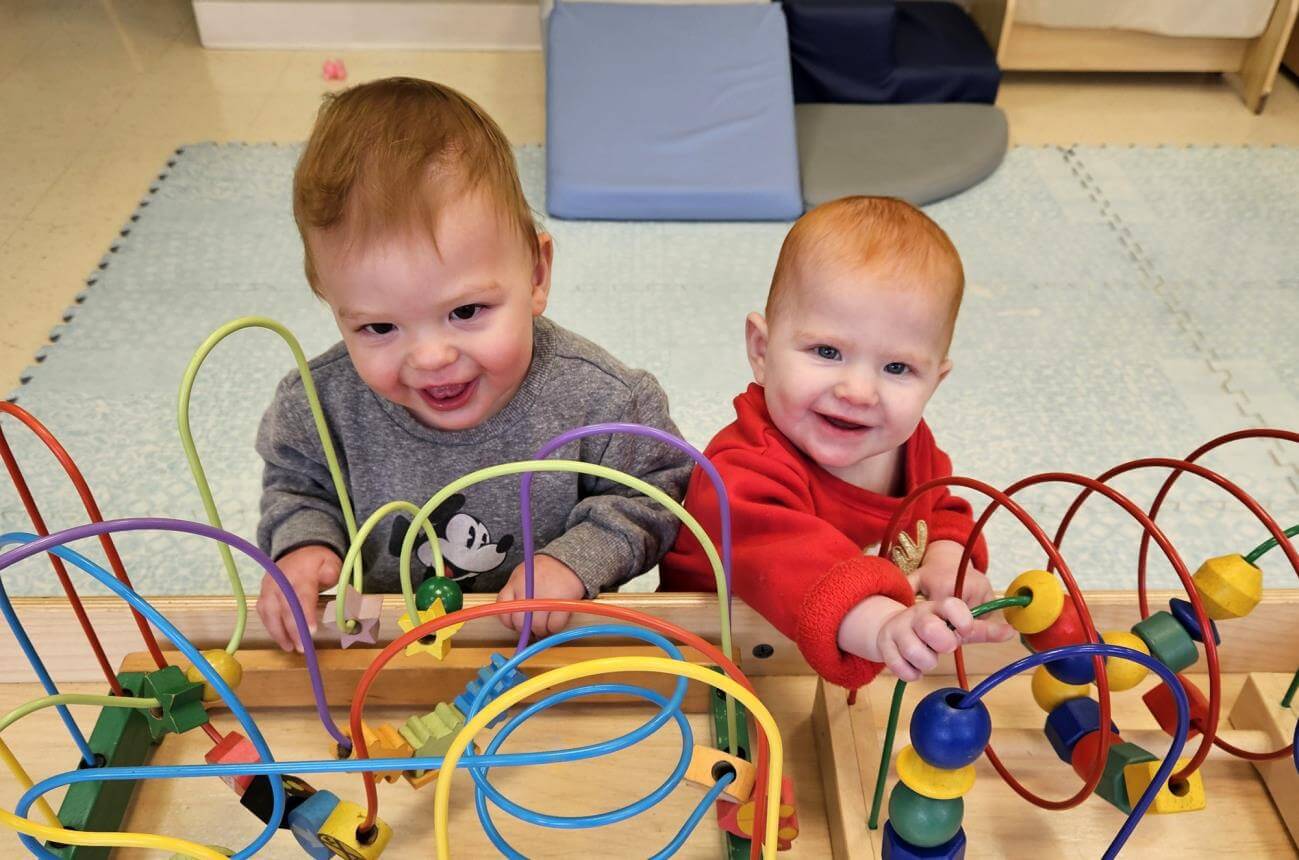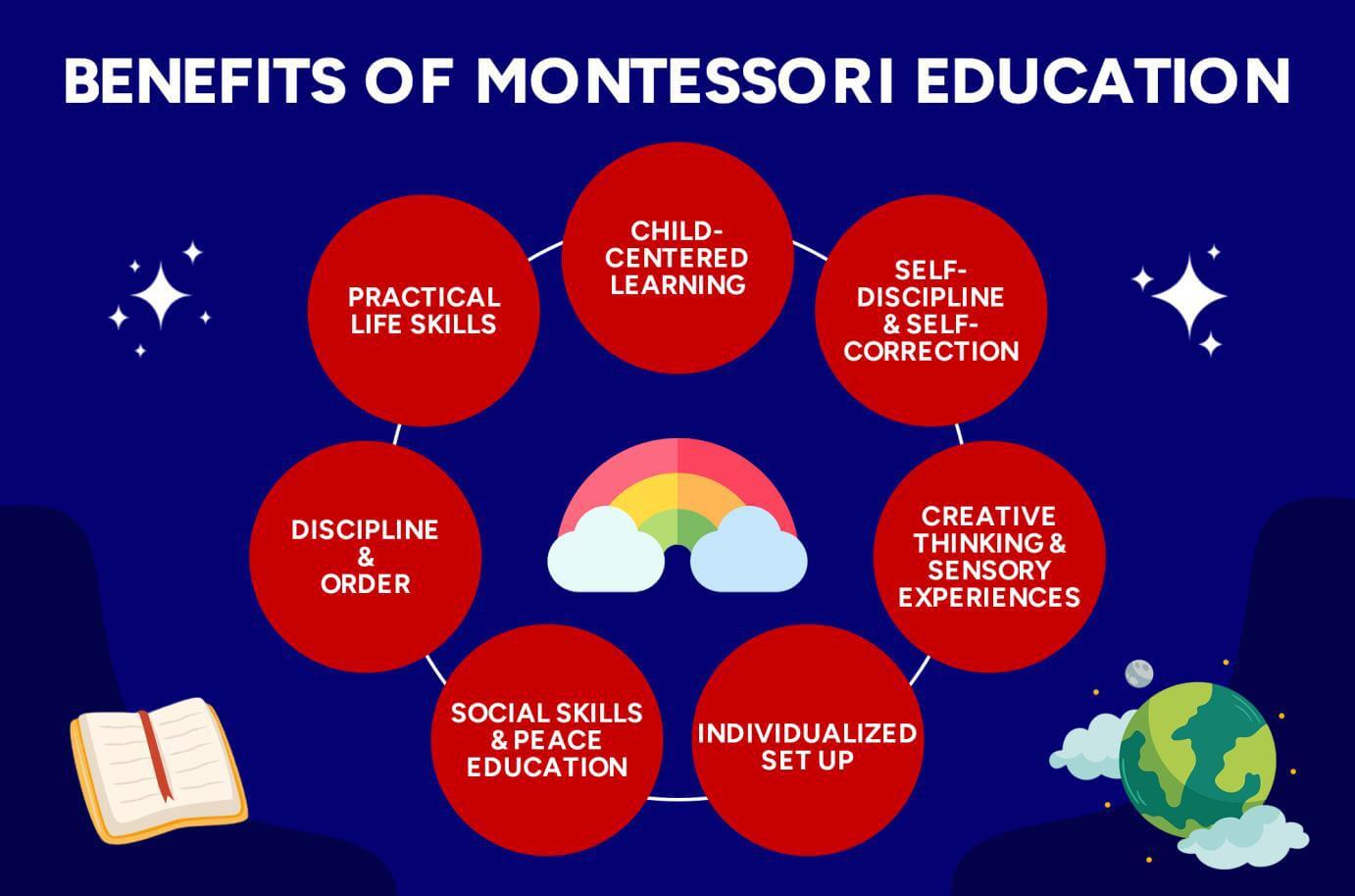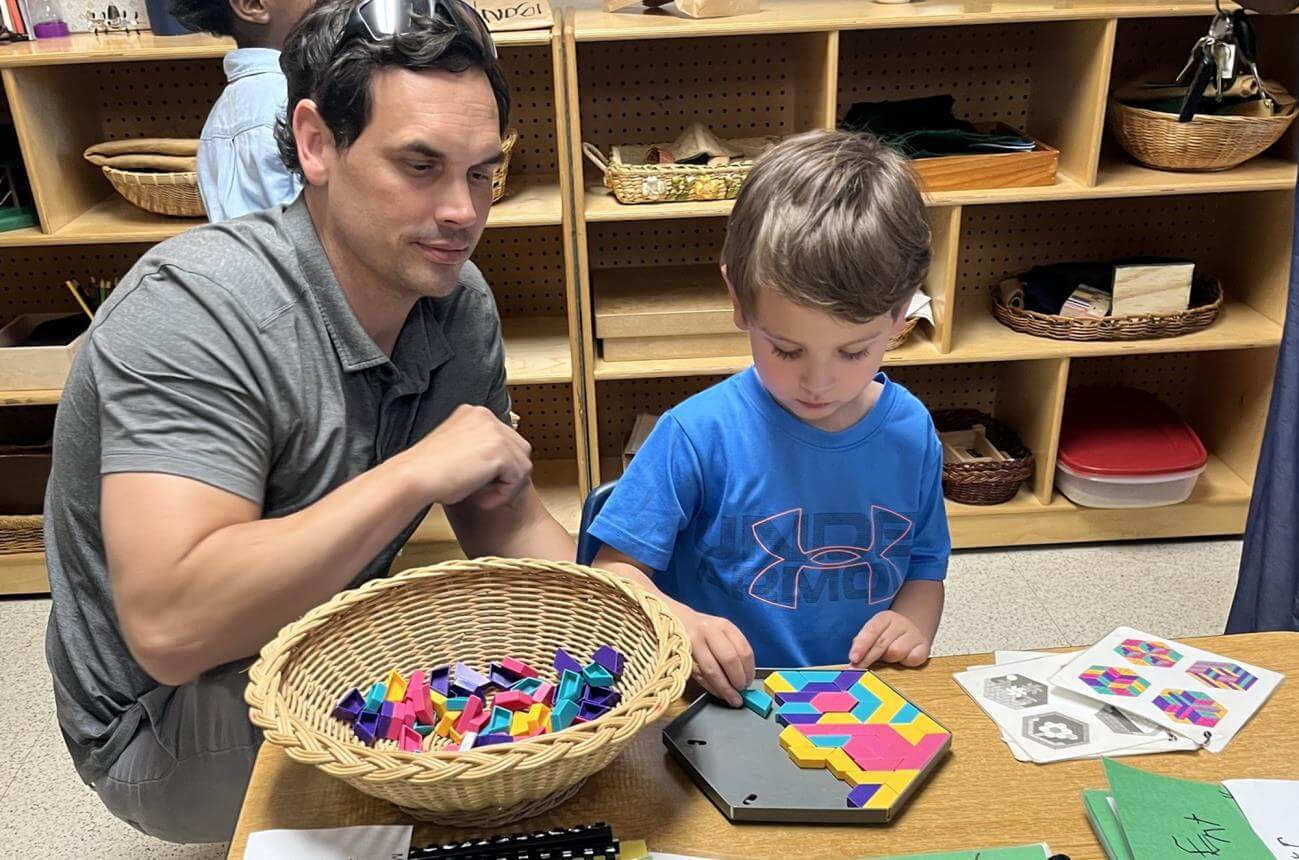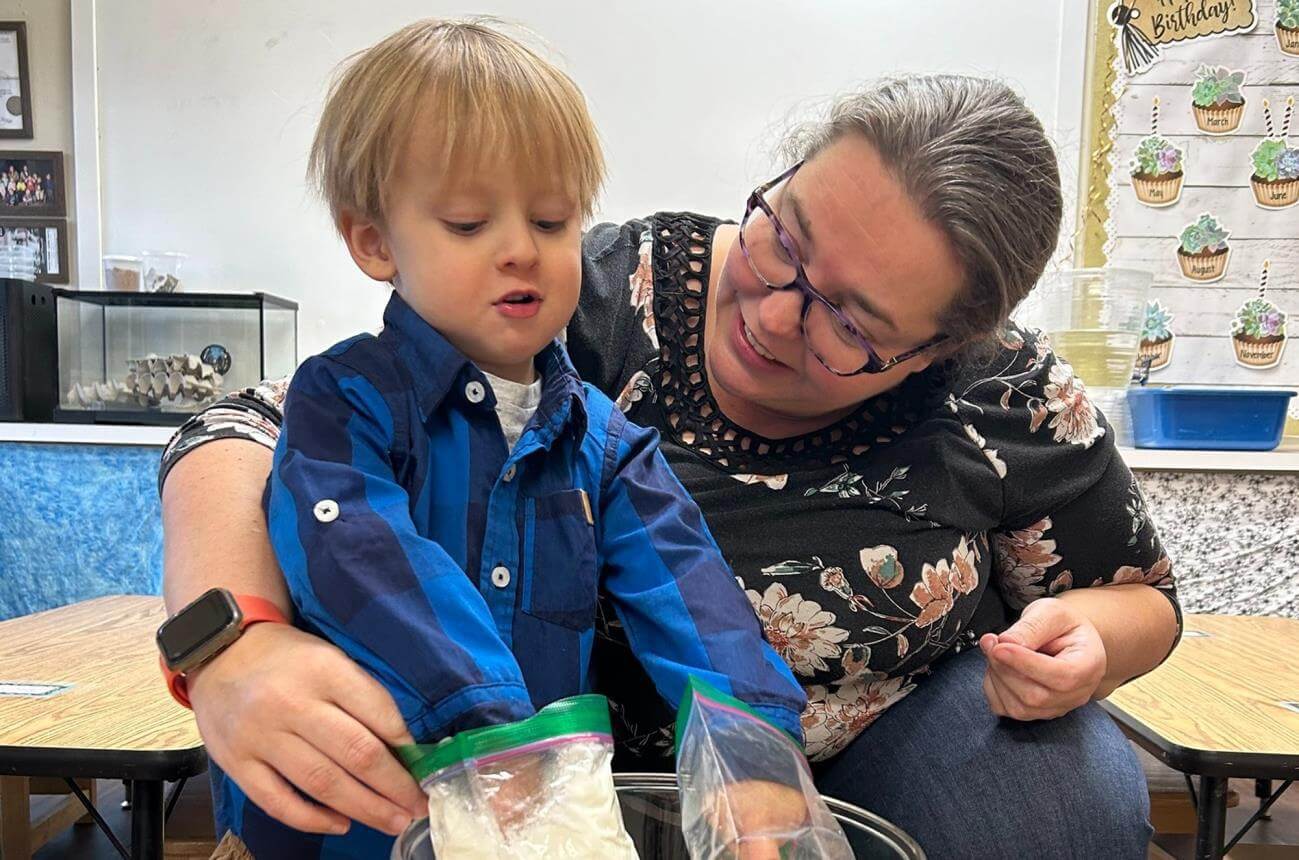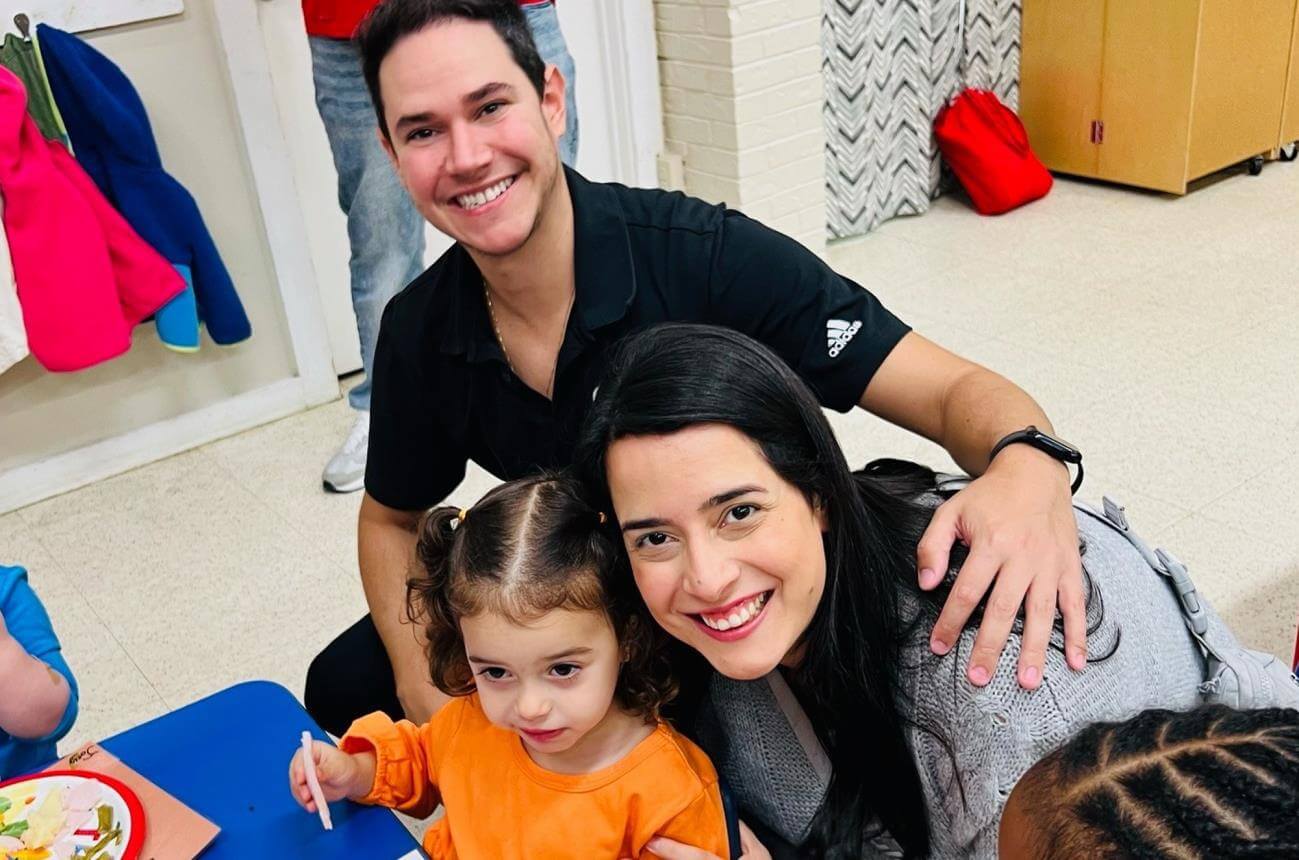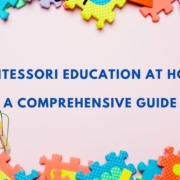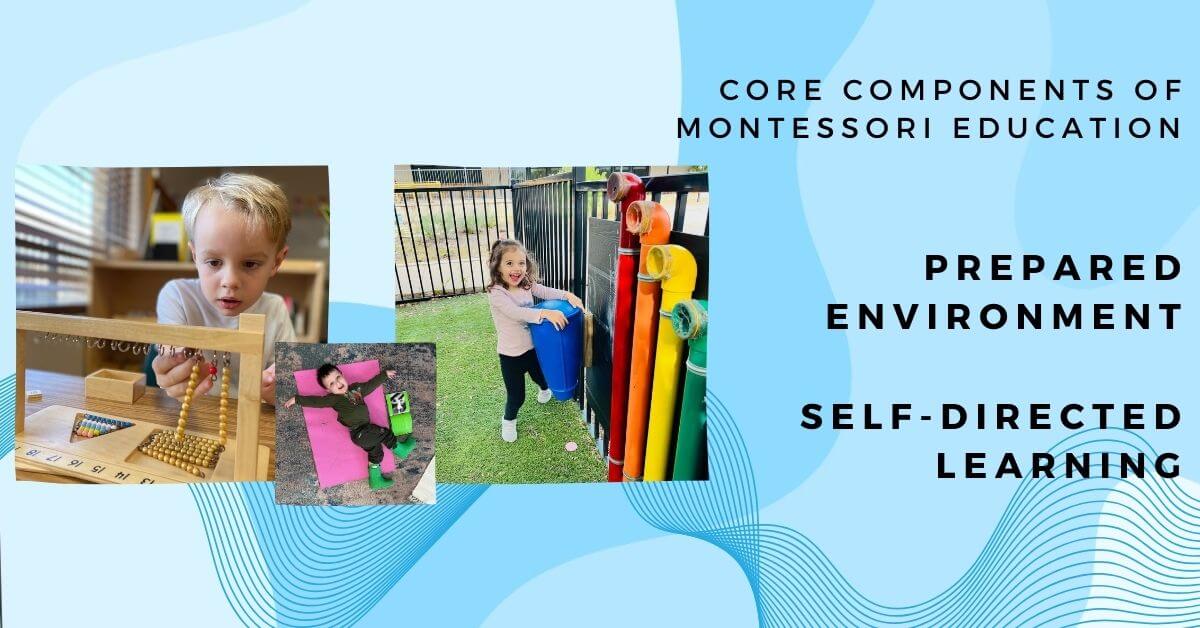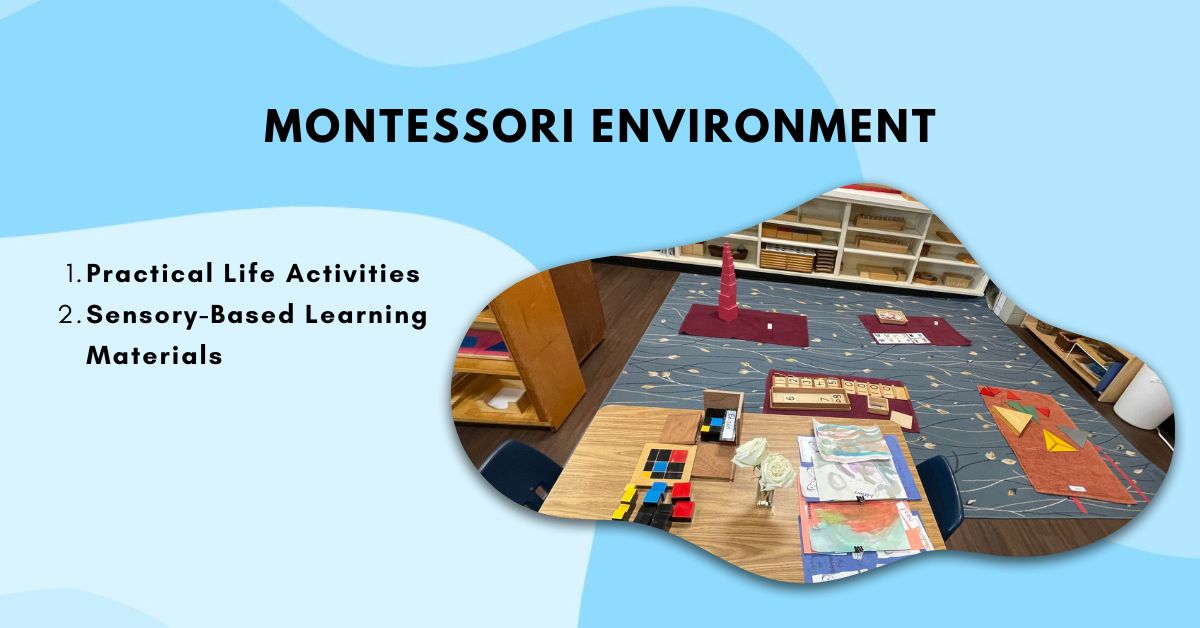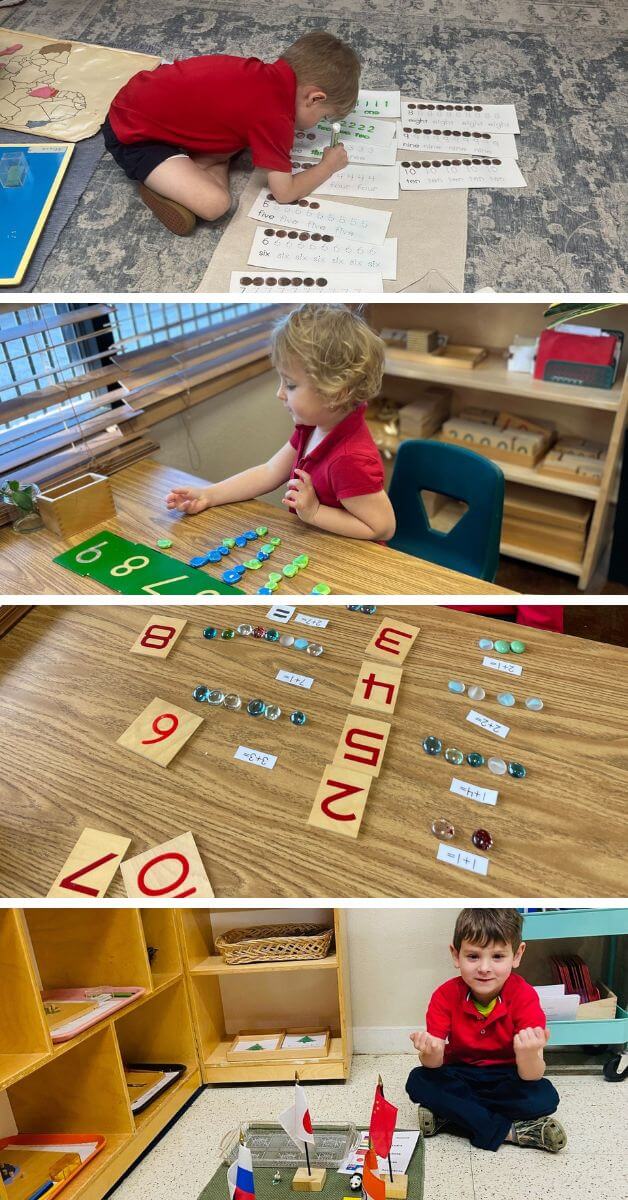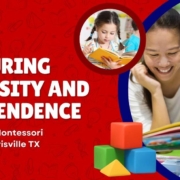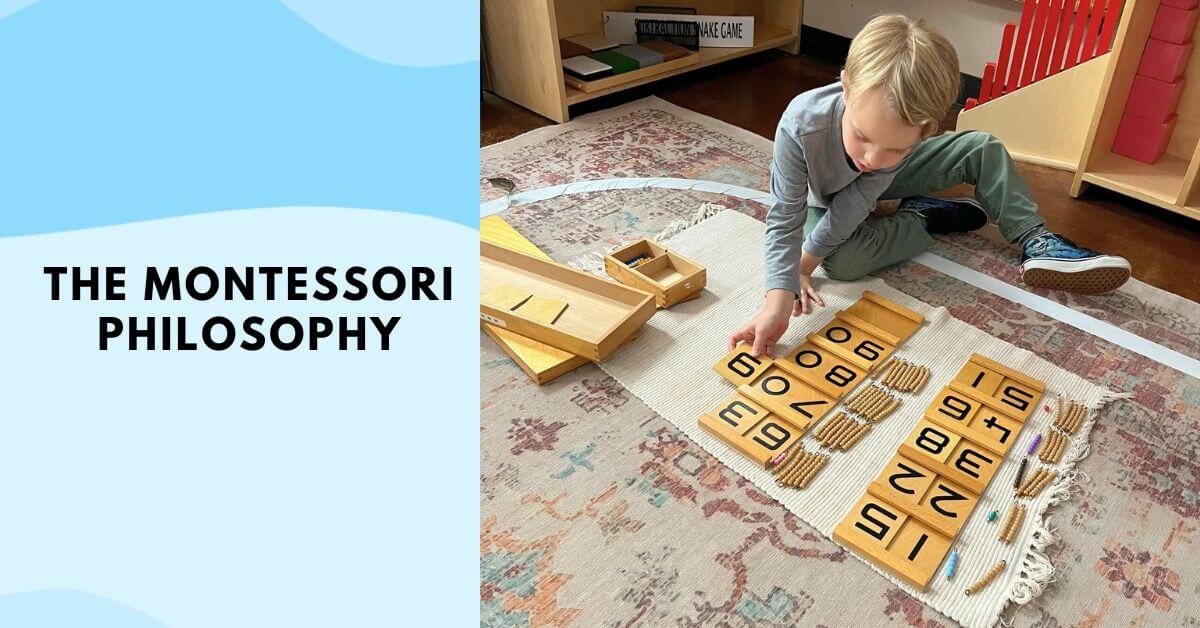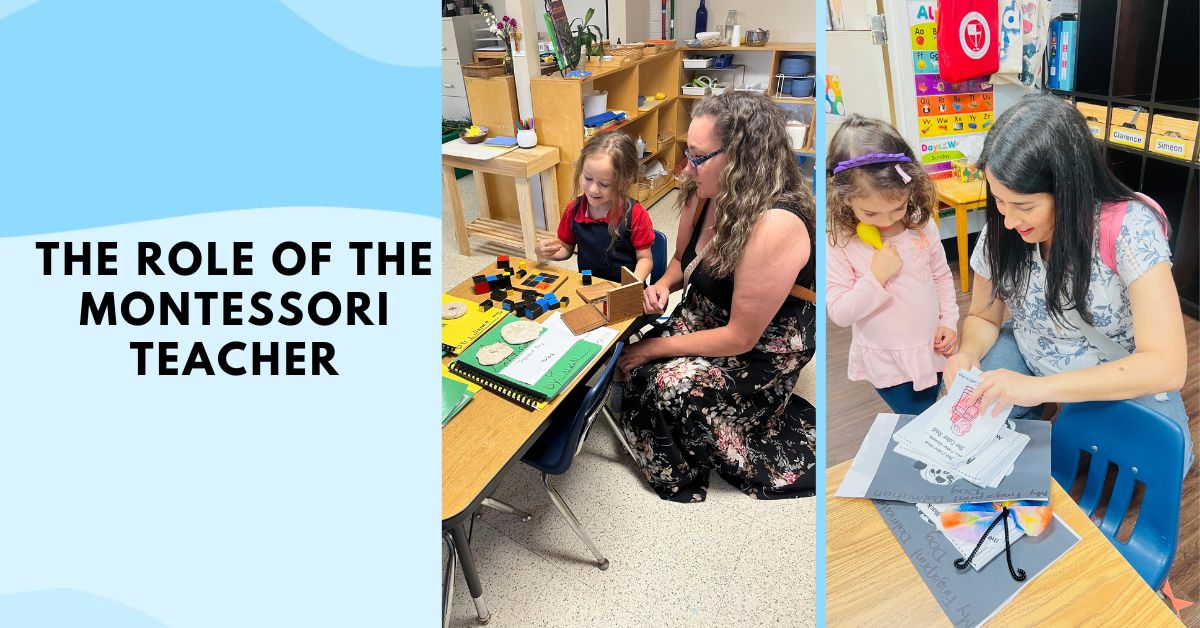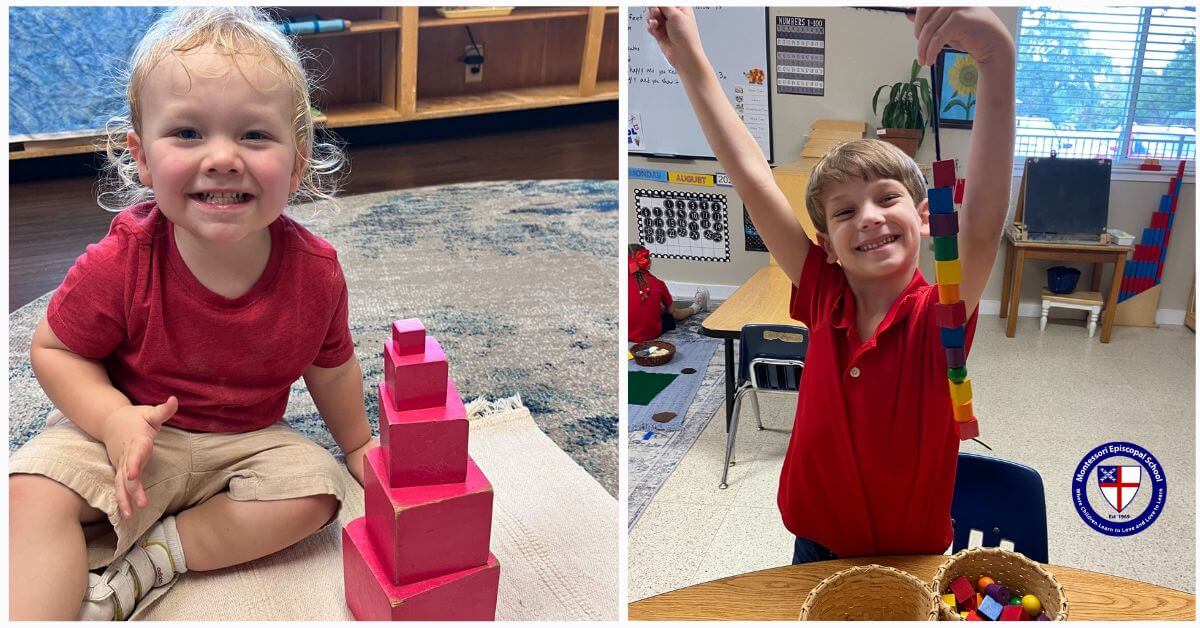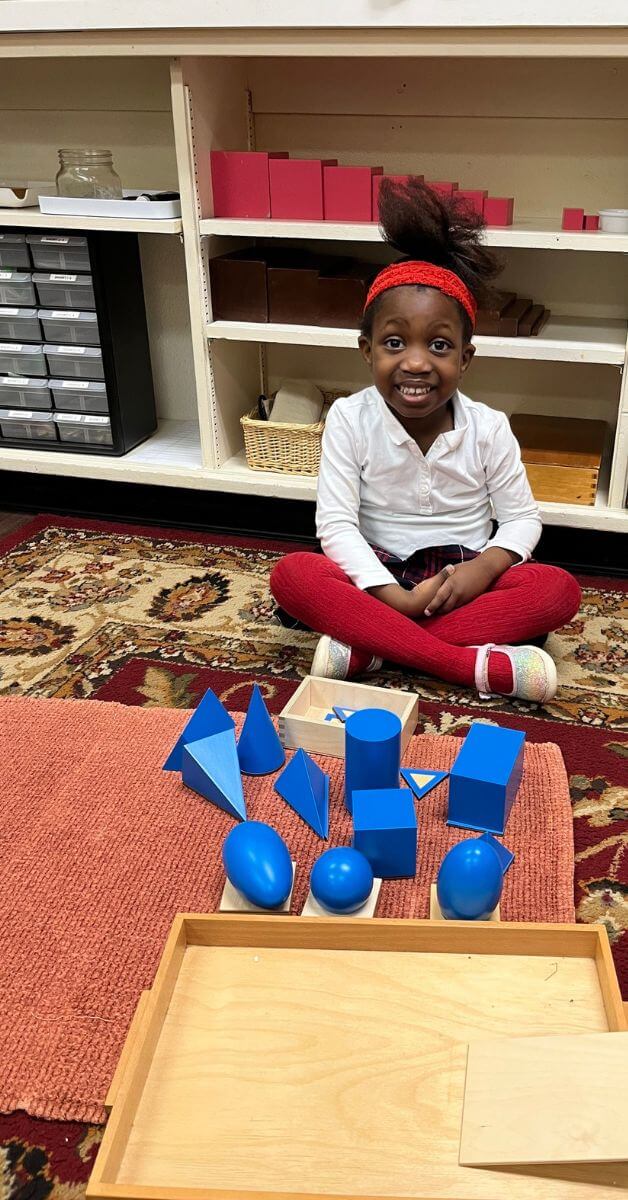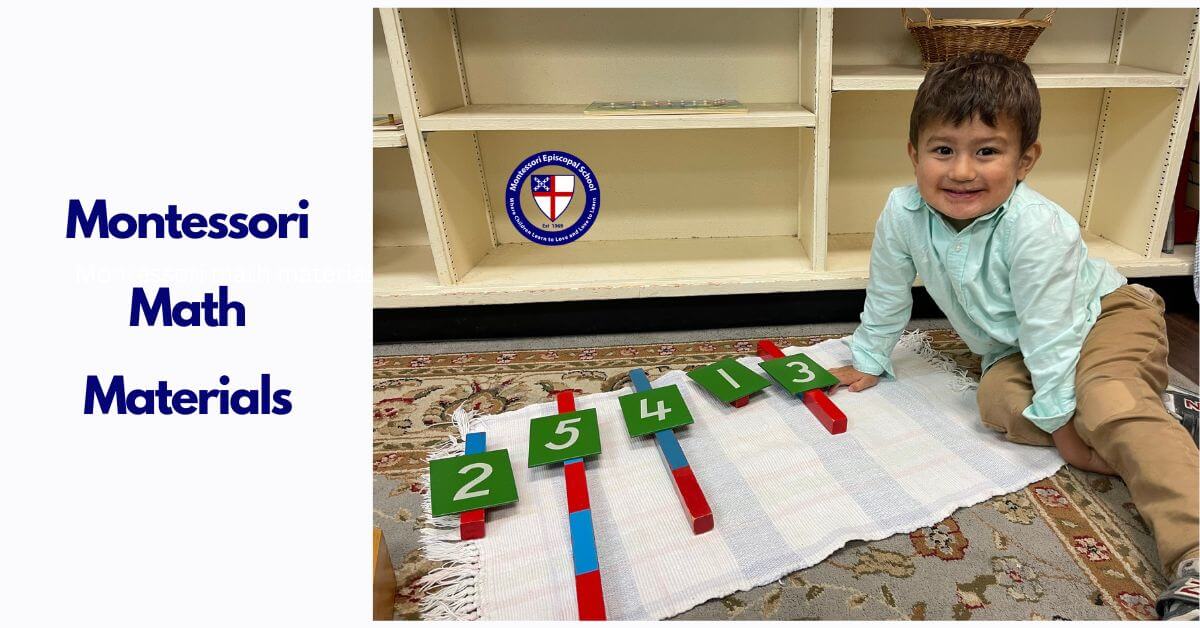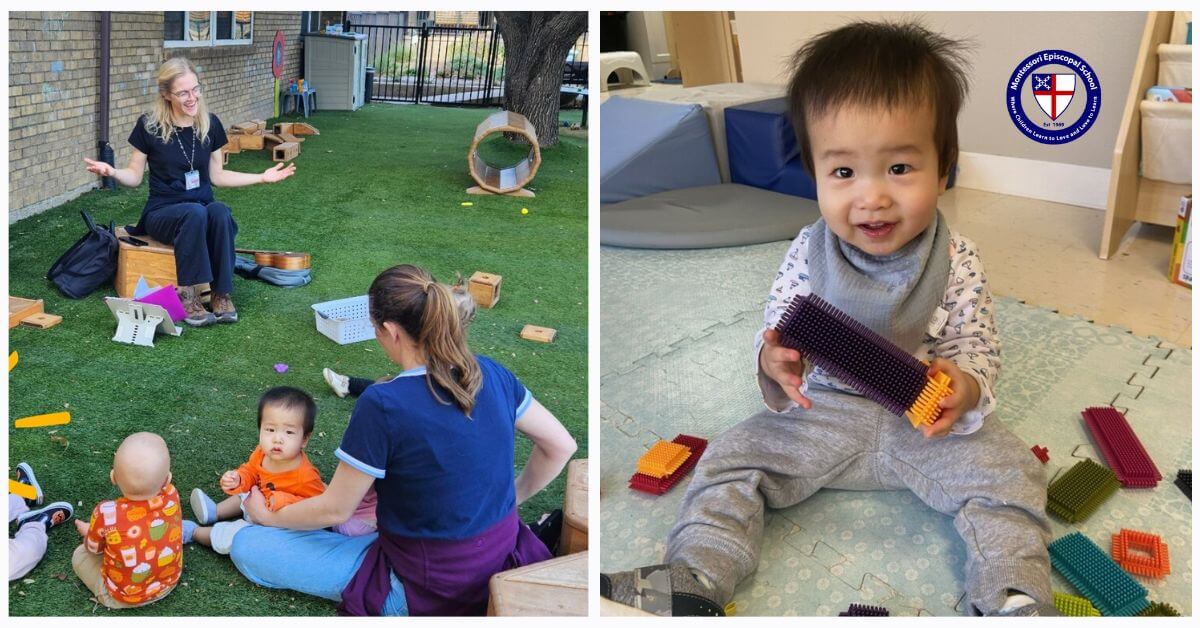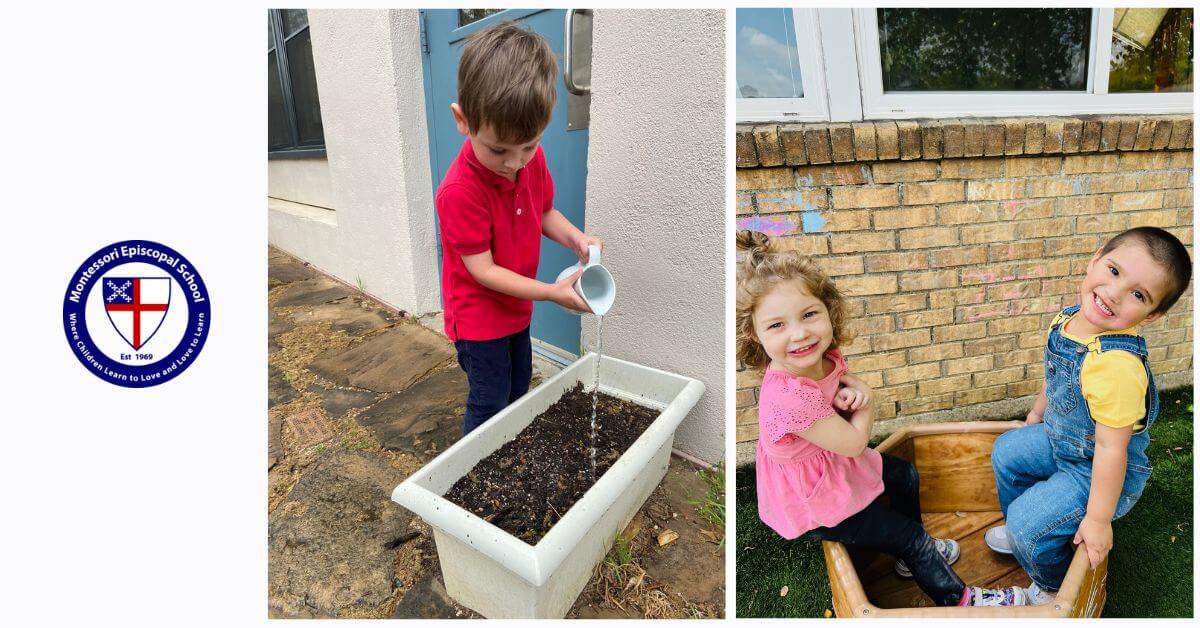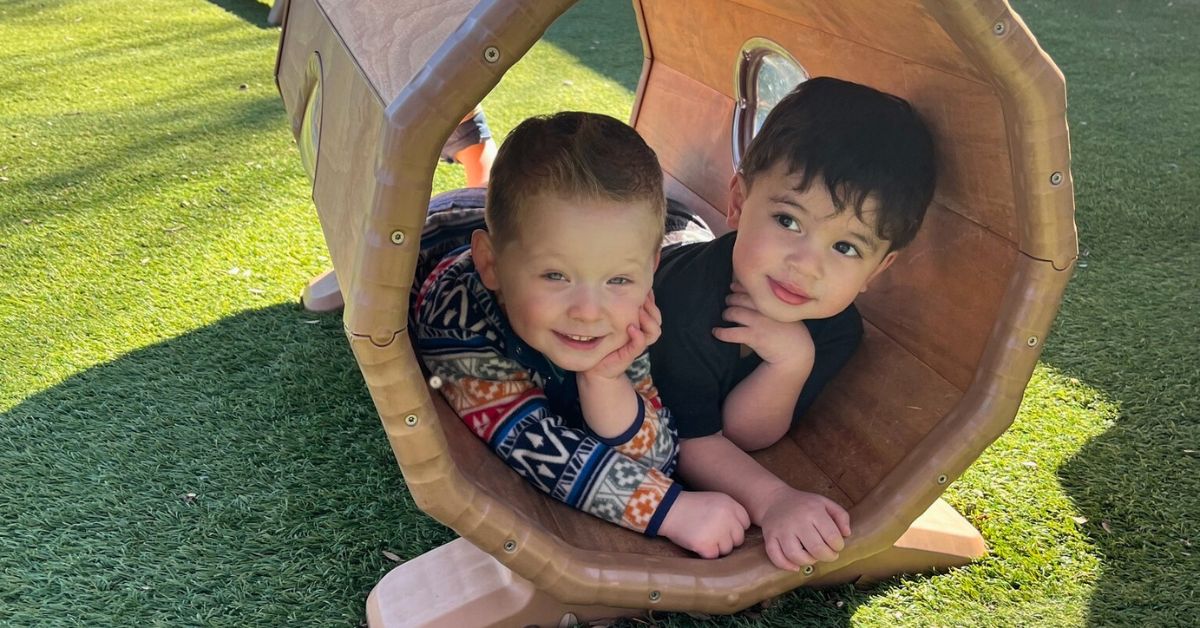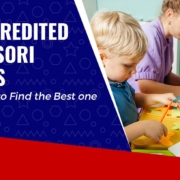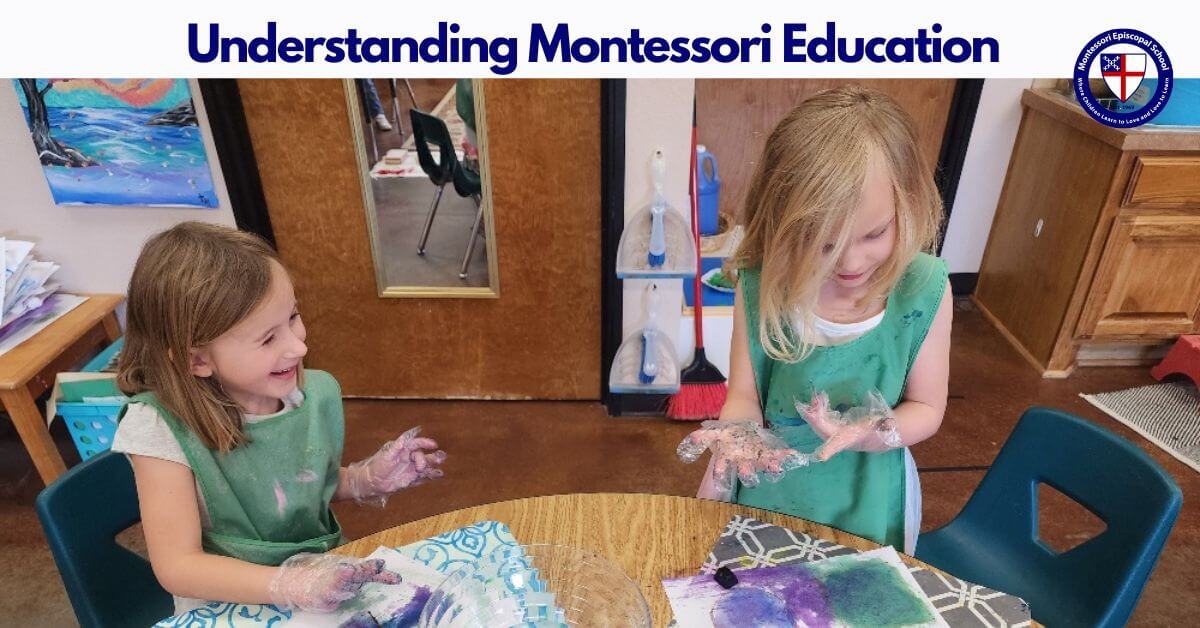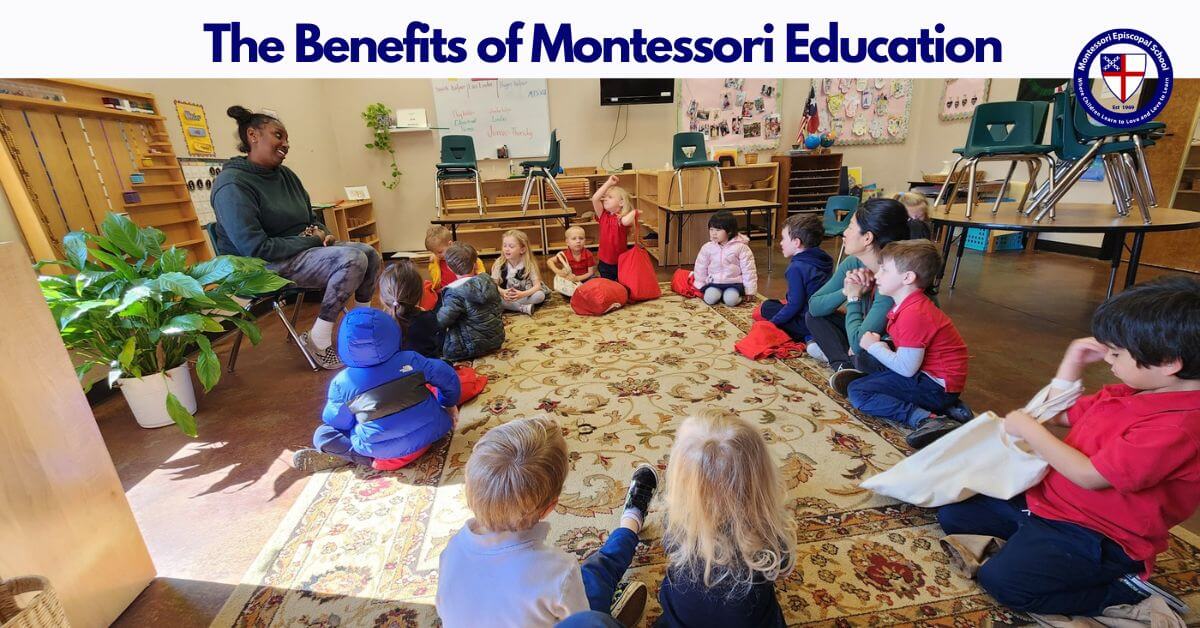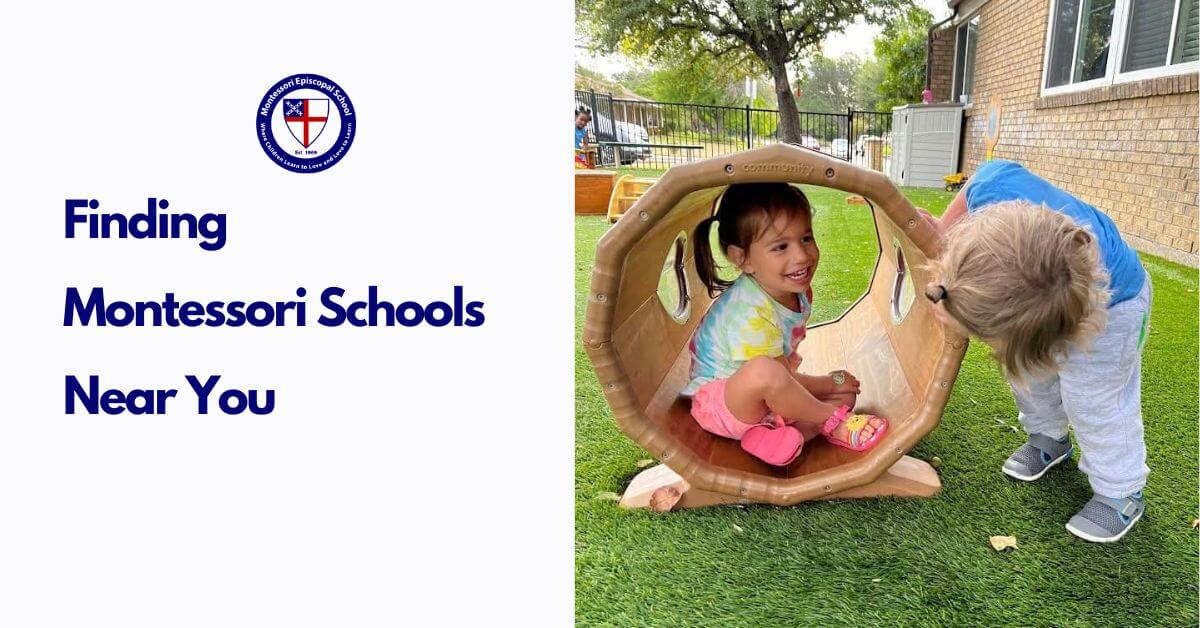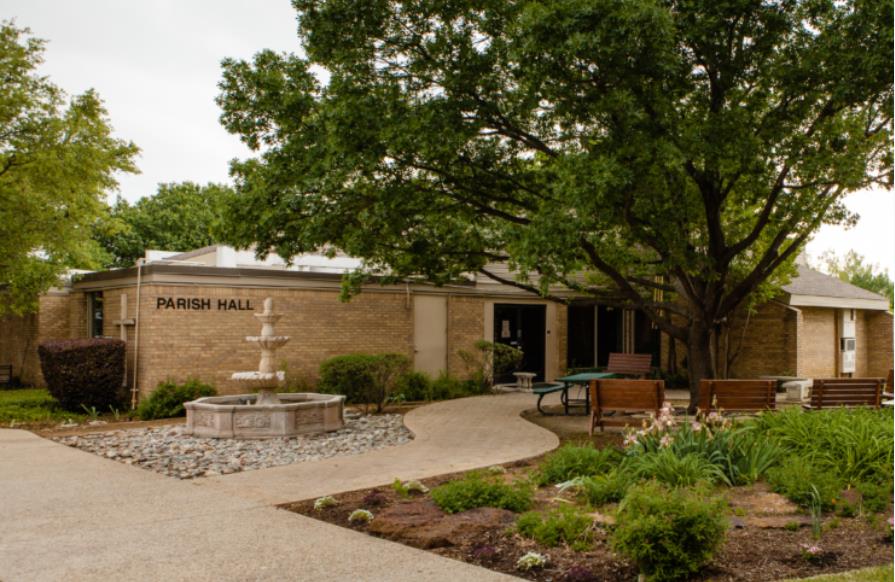Guiding Growth: Discovering Montessori Elementary Near Me in Lewisville, TX
When searching for a Montessori elementary near me, Lewisville, TX, parents are often drawn to schools that foster a love for learning, independence, and community values. At Montessori Episcopal School, education is a journey of discovery, where children are guided to grow academically, socially, and spiritually in a nurturing environment. With over 50 years of experience, our school combines the proven Montessori philosophy with the timeless values of the Episcopal tradition.
Each child is treated as unique and encouraged to explore their potential while cultivating critical thinking, leadership skills, and creativity. Whether mastering core subjects or building character through grace and courtesy, our Montessori elementary program offers a foundation for lifelong success.
Embracing Child-Centered Education in Montessori Schools

Montessori schools are renowned for their child-centered education, a philosophy that nurtures each student’s unique potential. By focusing on individual needs and interests, this approach boosts independence, curiosity, and a love for learning. At Montessori Episcopal School in Lewisville, TX, children thrive in a setting that supports their personal growth.
What Does Child-Centered Education Mean?
Child-centered education respects each child’s individuality and emphasizes their natural learning ability. This philosophy comes to life in Montessori classrooms through carefully designed environments that promote exploration and self-discovery.
A few defining aspects of child-centered education include:
- Customized learning paths: Teachers observe and guide children based on their interests and developmental needs.
- Freedom within limits: Children choose from activities that align with their abilities while fostering decision-making skills.
- Multi-age classrooms: Younger children learn from older peers, while older students develop leadership qualities.
These principles create a setting where children feel empowered and engaged in their educational journey.
How Montessori Schools Nurture Individual Growth
Montessori Episcopal School prioritizes each child’s personal growth by offering a curriculum that caters to their unique learning style. This individualized approach ensures that no two children follow the same path, allowing them to progress comfortably.
Key benefits of this approach include:
- Enhanced confidence: Children gain a sense of accomplishment through self-directed learning.
- Improved critical thinking skills: Opportunities for hands-on problem-solving encourage independent thought.
- Stronger social connections: Activities promote collaboration, empathy, and respect for peers.
Through these practices, students achieve academic milestones and grow emotionally and socially.
The Role of Teachers in a Child-Centered Environment
In a child-centered setting, teachers play a vital role as facilitators of learning. At Montessori Episcopal School, educators create a supportive atmosphere where children can explore their interests without fear of failure. They encourage independence while providing the guidance children need to thrive.
Teachers focus on:
- Observation and assessment: Regularly evaluating each child’s progress to tailor their learning experience.
- Encouraging exploration: Providing activities and materials that stimulate curiosity and discovery.
- Fostering responsibility: Helping students develop organizational skills and accountability.
Teachers empower children to take ownership of their education by acting as guides rather than instructors.
How to Spot Child-Centered Practices in Montessori Schools
Understanding how child-centered education comes to life in Montessori schools can help parents identify the right environment for their child. Montessori classrooms reflect this philosophy through thoughtful design, personalized teaching methods, and student empowerment.
Key indicators of child-centered practices include:
- Engaging learning materials: Classrooms feature hands-on tools that encourage exploration and independence.
- Student-driven activities: Children choose their tasks from a curated selection, promoting autonomy and decision-making.
- Teacher-as-guide approach: Educators observe and support rather than dictate, allowing students to lead their learning.
When visiting Montessori schools, observe the classroom dynamic and ask questions about their teaching philosophy. These elements reveal the strength of their commitment to child-centered education.
Innovative Teaching Methods That Inspire Learning

Montessori education is synonymous with innovation, offering a unique approach that sparks curiosity and encourages active participation. These innovative teaching methods nurture every child’s creativity, critical thinking, and independence. At Montessori Episcopal School, this approach creates a dynamic learning setting where students thrive academically and personally.
Hands-On Learning for Active Engagement
One of the cornerstones of Montessori’s innovative methods is hands-on learning. Rather than passively absorbing information, children engage with materials that bring concepts to life. This tactile approach helps students build a deep understanding of academic subjects.
Key features of hands-on learning include:
- Concrete learning materials: Tools like number beads and movable alphabets provide a tangible way to explore abstract concepts.
- Interactive activities: Students solve puzzles, build models, and conduct experiments to reinforce their understanding.
- Freedom to explore: Children are encouraged to work independently, demonstrating accomplishment and mastery.
Students learn and gain knowledge more effectively through these methods, setting the stage for lifelong academic success.
Fostering Critical Thinking Through Exploration
Montessori teaching methods emphasize critical thinking and problem-solving, enabling children to approach challenges confidently. This is achieved through open-ended activities and opportunities for exploration, where students learn by asking questions and finding solutions.
Examples of how critical thinking is fostered:
- Encouraging curiosity: Teachers guide children to explore topics that spark their interest, creating a passion for learning.
- Problem-solving exercises: Sorting, sequencing, and logic games help develop analytical skills.
- Collaborative projects: Group work allows students to share ideas, build teamwork, and learn from diverse perspectives.
Montessori students develop essential skills for academic and real-world challenges by nurturing critical thinking.
The Role of Individualized Learning Plans
Every child is unique, and Montessori teaching methods reflect this through individualized learning plans. At Montessori Episcopal School, educators observe each student’s progress and adapt the curriculum to fit their needs, ensuring a personalized learning experience.
Core aspects of individualized plans include:
- Customized pacing: Children move through lessons at a speed that suits their abilities and interests.
- Flexible curriculum: Teachers modify activities to challenge advanced learners or support those who need extra help.
- Focus on strengths: Students are encouraged to excel in areas they are passionate about, building confidence and enthusiasm.
This personalized approach ensures that each child reaches their full potential while feeling valued and supported in their learning journey.
Encouraging Independence Through Choice
Montessori classrooms are designed to empower students by offering them choices. This freedom helps children develop independence and self-discipline, essential traits for lifelong success.
Key components of choice-based learning include:
- Activity selection: Students choose from various tasks that match their interests and developmental stage.
- Time management: Children learn to prioritize and complete activities within a given timeframe.
- Responsibility for learning: Making choices fosters accountability and ownership of their education.
By encouraging independence, Montessori teaching methods prepare students to take charge of their lives with confidence and self-reliance.
Supporting Developmental Milestones Through Montessori Education

Every child grows and learns at their own pace, and Montessori education is uniquely designed to support this journey. By aligning educational practices with key developmental milestones, Montessori Episcopal School ensures children progress academically, socially, and emotionally in an encouraging environment.
Tailored Learning to Match Developmental Stages
Montessori classrooms are thoughtfully designed to accommodate different developmental stages. Grouping children in multi-age settings fosters peer learning and creates a setting where children can thrive at their own pace.
Key features of tailored learning include:
- Age-appropriate materials: Classrooms have tools matching each age group’s cognitive and motor skills.
- Self-directed activities: Children choose tasks that align with their current abilities and interests, promoting engagement and mastery.
- Guided progression: Teachers observe each child’s growth and introduce new challenges when they’re ready.
This intentional design helps children meet critical developmental milestones without unnecessary pressure or competition.
Building Social and Emotional Skills
Montessori education emphasizes social and emotional development alongside academics. Children learn fundamental skills that prepare them for life through daily interactions and guided activities.
Examples of social and emotional development practices include:
- Collaborative learning: Group activities teach children to collaborate, share ideas, and respect differences.
- Grace and courtesy lessons: Role-playing exercises help students practice kindness, patience, and empathy.
- Conflict resolution: Teachers guide children in solving disagreements, fostering understanding and communication skills.
These experiences build confidence and emotional intelligence, key factors for success in and outside the classroom.
Encouraging Independence and Responsibility
Montessori education is deeply rooted in the belief that children can be independent. Supporting this trait from an early age helps children develop responsibility and self-reliance as they grow.
Core practices that encourage independence include:
- Practical life activities: Tasks like pouring, sorting, and cleaning teach children valuable life skills.
- Freedom within limits: Students make choices within structured boundaries, building decision-making skills.
- Accountability: Children take ownership of their materials and activities, learning to manage their time and responsibilities.
By fostering independence, Montessori Episcopal School helps children gain confidence in their capabilities and pride in their accomplishments.
Physical Development as Part of the Learning Process
Physical milestones are equally important, and Montessori education integrates movement and motor skills into the learning process. From fine motor tasks to gross motor activities, children develop physical coordination as part of their education.
Examples of physical development in Montessori include:
- Manipulative materials: Tools like bead chains and puzzles enhance fine motor skills.
- Outdoor play: Time spent on playgrounds encourages gross motor development and physical fitness.
- Movement-based lessons: Activities that combine learning with movement, such as sorting objects or counting steps, improve coordination and cognitive skills.
This holistic approach ensures that children’s physical development and intellectual and emotional growth are supported.
Conclusion
Montessori education provides more than just a teaching method—it’s a transformative journey that nurtures the whole child. Montessori Episcopal School provides an environment where children thrive academically, socially, and emotionally by embracing child-centered education, implementing innovative teaching methods, and supporting developmental milestones. Each day allows students to explore their potential, build purposeful relationships, and cultivate a lifelong love of learning.
If you’re ready to give your child the gift of a Montessori education that inspires growth and confidence, we invite you to learn more about Montessori Episcopal School. Visit our website at https://montessoriepiscopal.com/contact/ or call us at (972) 895-9050 to schedule a visit. Together, let’s guide your child toward a bright and promising future!
